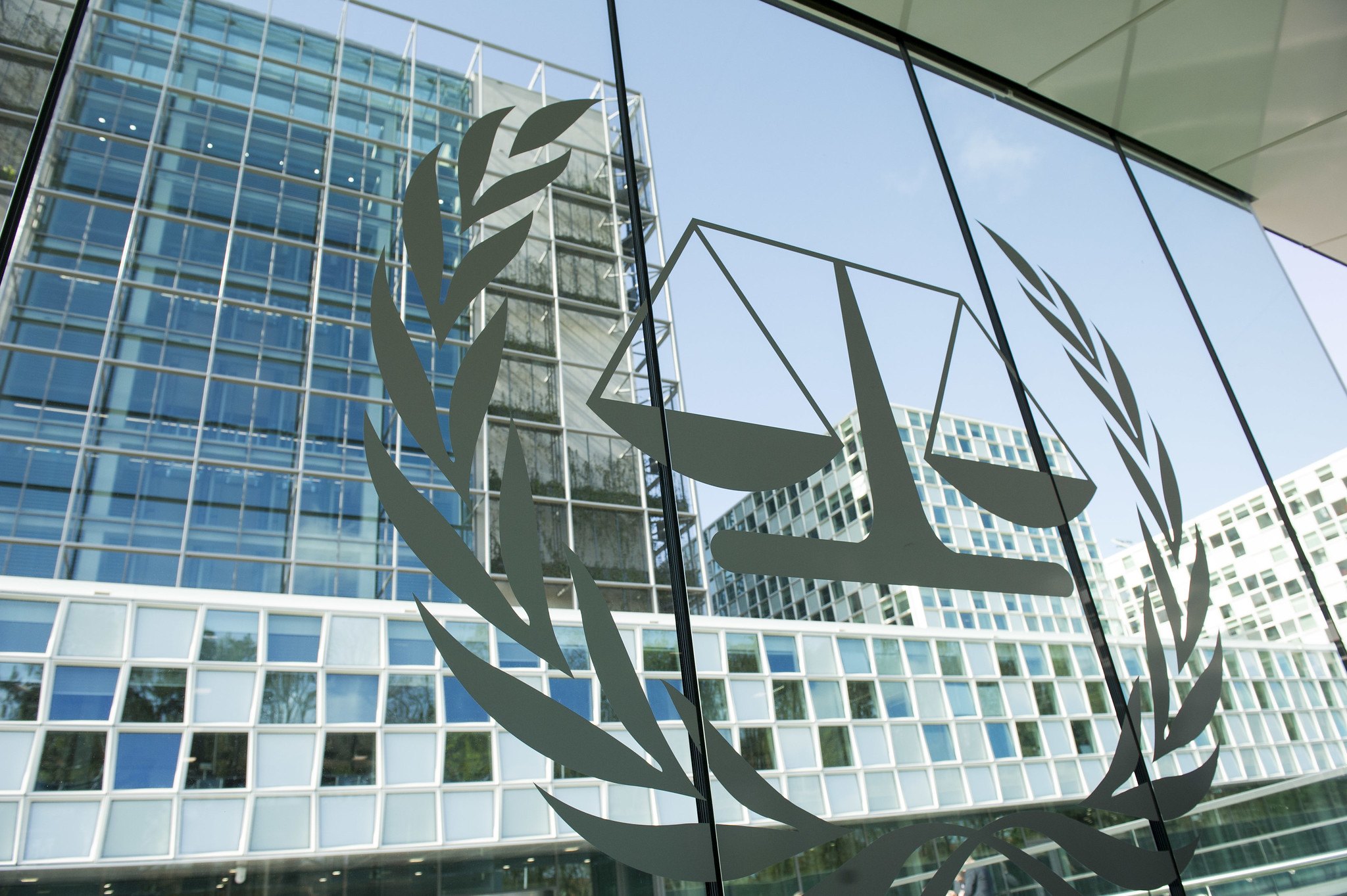Kiobel Anniversary Surprise: Judge Scheindlin Rules Corporations May Be Held Liable Under ATS, Despite Second Circuit Precedents
In a surprising decision issued on the first anniversary of the Supreme Court’s decision in Kiobel, Judge Scheindlin held, in the long-running Apartheid litigation, that corporations may be sued under the Alien Tort Statute. Her decision directly conflicts not only with the Second Circuit’s original 2010 decision in Kiobel (holding that corporations are not subject to liability under the ATS) but also with the Second Circuit’s post-Kiobel
Published by The Lawfare Institute
in Cooperation With

In a surprising decision issued on the first anniversary of the Supreme Court’s decision in Kiobel, Judge Scheindlin held, in the long-running Apartheid litigation, that corporations may be sued under the Alien Tort Statute. Her decision directly conflicts not only with the Second Circuit’s original 2010 decision in Kiobel (holding that corporations are not subject to liability under the ATS) but also with the Second Circuit’s post-Kiobel decision in August 2013 in the Apartheid case (deciding that the ATS suits against the defendants in the Apartheid case were barred by the Supreme Court’s decision in Kiobel). Despite these precedents, Judge Scheindlin authorized the plaintiffs to move to amend their complaints against Ford and IBM (the last two defendants remaining in the litigation) to provide evidence that the companies’ activities “touch and concern” the territory of the United States. Her decision appears likely to be reversed by the same Second Circuit panel that held that the claims were barred, but Judge Scheindlin may be hoping that there are now sufficient votes on the Second Circuit to reverse the panel decision in an en banc review.
As I explained last August, following the Supreme Court’s decision in Kiobel, the Second Circuit all but directed Judge Scheindlin to dismiss the suits against the four remaining corporate defendants in the Apartheid case. The panel reaffirmed that the “law of this Circuit” is that corporations may not be held liable under the ATS. Moreover, the Court rejected plaintiffs arguments that, even if the alleged torts occurred in South Africa, the defendants took relevant actions inside the U.S. and that discovery should be provided to determine the scope of that conduct. In a footnote, the panel commented that “Like the Supreme Court, we have no reason to address how much conduct must occur in the United States because all of the relevant conduct that purportedly violated the law of nations in this case occurred on the territory of a foreign sovereign.”
In December, Judge Scheindlin agreed to dismiss the two remaining foreign corporate defendants -- Daimler AG and Rheinmetall -- but allowed the plaintiffs to brief the issue of corporate liability with respect to the remaining U.S. corporate defendants, Ford and IBM. In yesterday’s decision, Judge Scheindlin now concludes that the Second Circuit’s original decision (holding that there is no corporate liability under the ATS) was a “stark outlier” among appellate court decisions and that it has been superseded by the Supreme Court’s decisions in Kiobel and Bauman and by other Second Circuit panel decisions. In particular, Scheindlin finds that by concluding in Kiobel that “mere corporate presence” is not sufficient to overcome the presumption against extraterritoriality, the Supreme Court by necessity implies that “corporate presence plus additional factors can suffice….”
It seems inevitable that Ford and IBM will seek review in the Second Circuit, and the appeal should return to Judge Cabranes. At the end of the panel decision in the Apartehid case last August, Judge Cabranes explained that the panel was “holding this putative appeal under the collateral order doctrine in abeyance and enabling the District Court to consider a motion for judgment on the pleadings to dismiss the plaintiffs’ remaining claims.” The panel stated that it was “in effect” “remand[ing] [the] case for a limited purpose” of dismissal.
Assuming that the Cabranes panel reverses Judge Scheindlin, the plaintiffs are then likely to seek rehearing en banc. If that is granted, we will then have to see whether there are sufficient votes on the Second Circuit to reverse the Cabranes panel’s original holding in Kiobel that there is no corporate liability under the ATS. All of this could take another year or more of litigation, demonstrating that, even with its Sosa and Kiobel decisions, the Supreme Court has not stopped ATS litigation in the lower courts.
Of course, even if the Second Circuit concludes that corporations may be sued in the Second Circuit, Judge Scheindlin acknowledges that plaintiffs will still need to show that their claims “touch and concern” the territory of the United States with sufficient force to rebut the presumption against extraterritoriality articulated by the Supreme Court in Kiobel and that the defendants acted not only with knowledge but with the purpose to aid and abet the torts committed by South Africa’s Apartheid government. These remain very high bars, but it may take some time before the plaintiffs have to reach them.
John B. Bellinger III is a partner in the international and national security law practices at Arnold & Porter in Washington, DC. He is also Adjunct Senior Fellow in International and National Security Law at the Council on Foreign Relations. He served as The Legal Adviser for the Department of State from 2005–2009, as Senior Associate Counsel to the President and Legal Adviser to the National Security Council at the White House from 2001–2005, and as Counsel for National Security Matters in the Criminal Division of the Department of Justice from 1997–2001.


.jpg?sfvrsn=4c0f5277_5)

